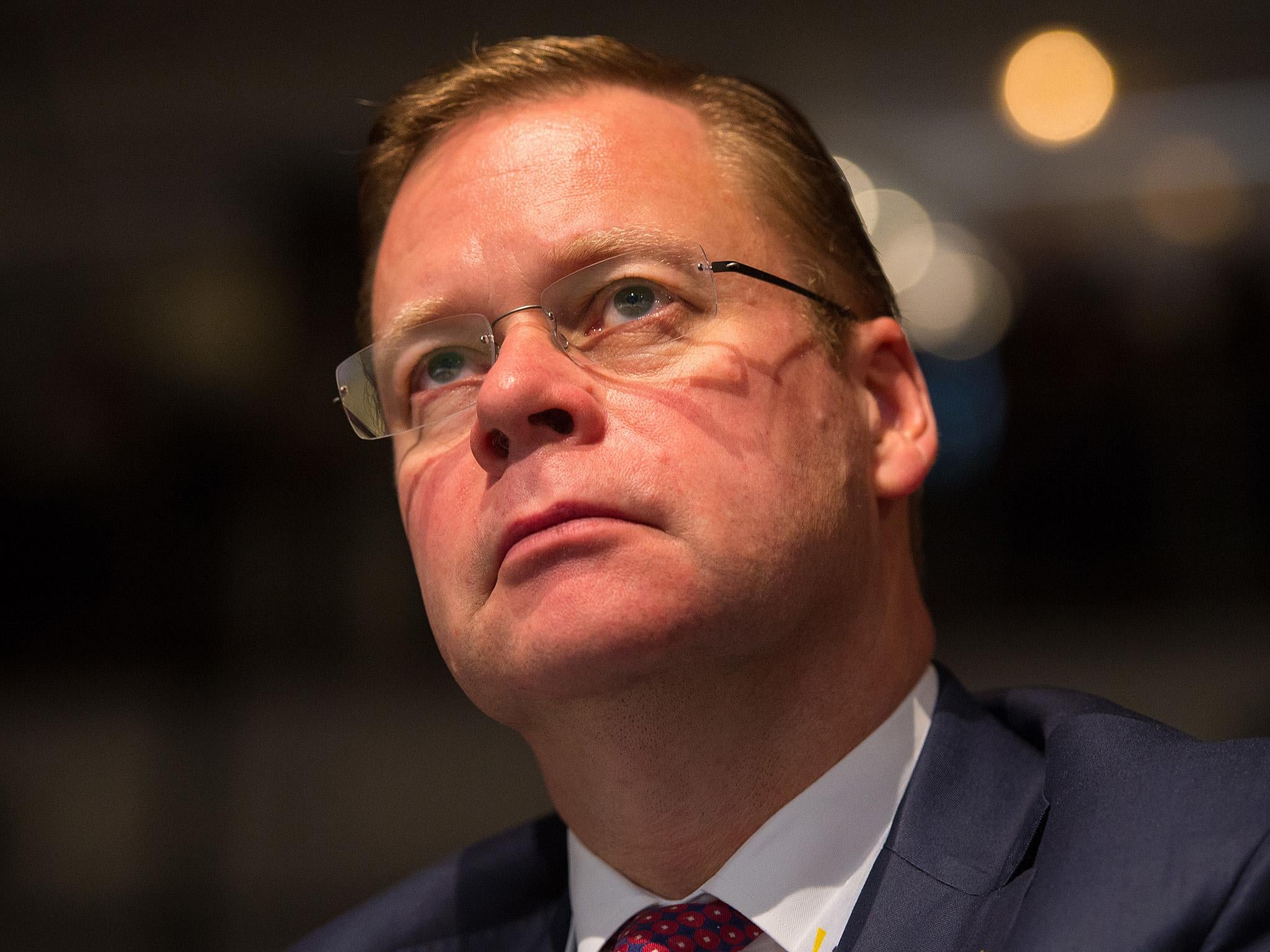Why British Gas CEO Iain Conn simply had to go
Inside Business: Conn couldn’t control wholesale energy markets, to which the company’s profits are hostage, but there’s a lot that he could have done better

Surprising though it may seem, Iain Conn, the boss of British Gas owner Centrica, found at least some sympathy after having “agreed with the board” to stand down.
He really didn’t deserve it.
The CEO’s departure was announced after the company slashed – “rebased” in corporate speak – its dividend payout by more than 50 per cent.
This is the second cut Conn has overseen. The first came after he joined the company from BP.
Cutting the dividend is usually regarded as an unforgivable sin by investors, but an incoming CEO can get away with it because such a move can easily be blamed on the failings of their predecessor. Trouble is, it’s a one-shot deal. Doing it twice will turn you into toast.
The sympathy came because, on the face of it, Conn didn’t have much of a choice.
The company’s profits are hostage to global energy markets and have been further crimped by the energy price cap introduced by Theresa May.
The dividend was costing the company £650m a year and was barely covered by its earnings. With Conn having cut almost every cost that it was possible to cut, it was the only fat still available for trimming.
So was Conn the board’s fall guy for doing what had to be done? A sacrificial lamb served up to pacify restive investors at a time when the performance of their shares has been resembling that of the pound under Boris Johnson?
Not if you look at his tenure in the round and, in particular, if you consider the consumer side of the equation.
Centrica, together with its peers among the Big Six energy firms, spent a long time partying at the expense of billpayers. That, and the shabby service customers have sometimes endured, led to the industry being held in very low esteem by the public.
When former Labour leader Ed Miliband unveiled plans for a price freeze, he was shooting at an open goal. If only it had been sufficient to propel him, rather than David Cameron, into Downing Street, the country mightn’t be in such a godawful mess.
The industry, of which Conn’s company is one of the most influential parts, could have seen the way the wind was blowing and responded accordingly. If it had made greater efforts to do better by consumers, particularly vulnerable ones, the idea might have been nipped in the bud in the wake of Miliband’s defeat. But it didn’t.
Controversies over energy-company behaviour festered, providing May with all the cover she needed to steal Labour’s clothes courtesy of the aforementioned cap.
Conn bears a share of the responsibility for that. He was at the forefront of some breathtakingly cynical attempts to shift the blame when the company chose to hike prices, even going so far as to post a YouTube video to that end.
Then there was the claim that British Gas was getting rid of expensive standard variable tariffs. The company replaced them with a “default” alternative, which didn’t look much different if customers failed to switch to new (better value) fixed deals.
Then it emerged in April that he’d been handed a 44 per cent pay rise to £2.4m – 120 times the earnings of a typical call-centre employee. Conn could have shown a bit of humility and passed on the money. But he didn’t, despite the fact that the package came after a year in which the company lost nearly three-quarters of a million customers, cut 4,000 jobs, and twice hiked prices.
While you can’t lay all of Centrica’s problems at Conn’s door, as CEO he can be held accountable for an awful lot of them, and that pay rise was an entirely self-inflicted wound that managed to anger all of the group’s stakeholders: its employees, customers and investors.
So it’s entirely right that he’s going. His successor will have a lot of fences to mend.
Join our commenting forum
Join thought-provoking conversations, follow other Independent readers and see their replies
Comments